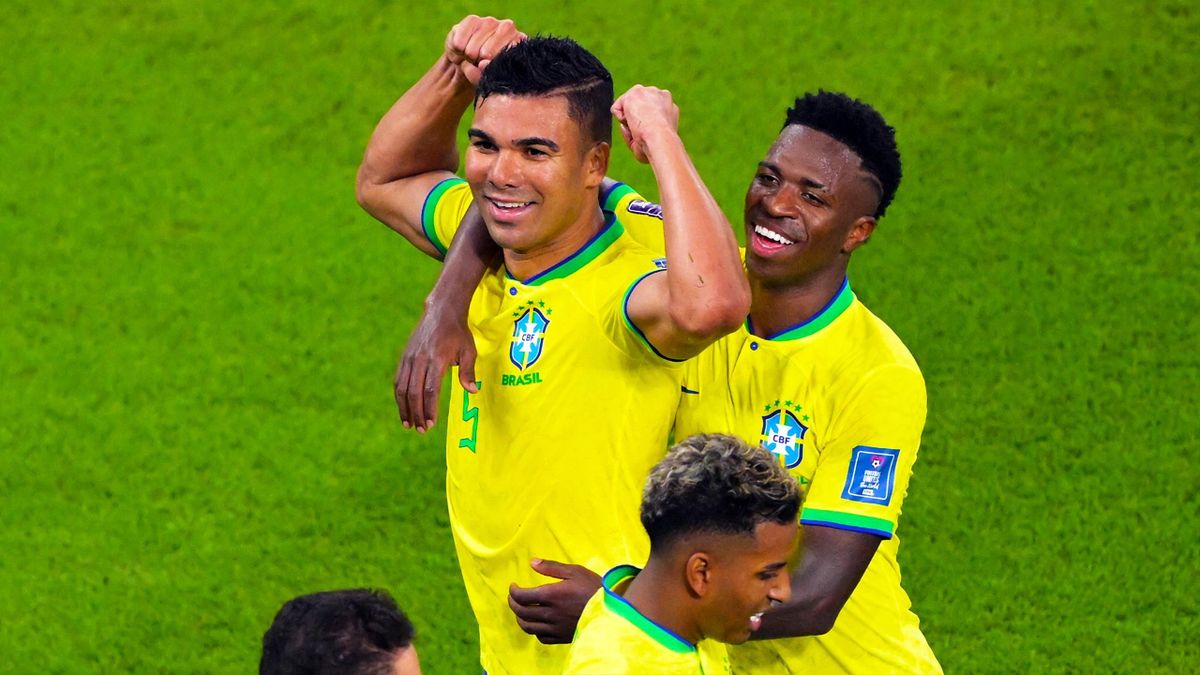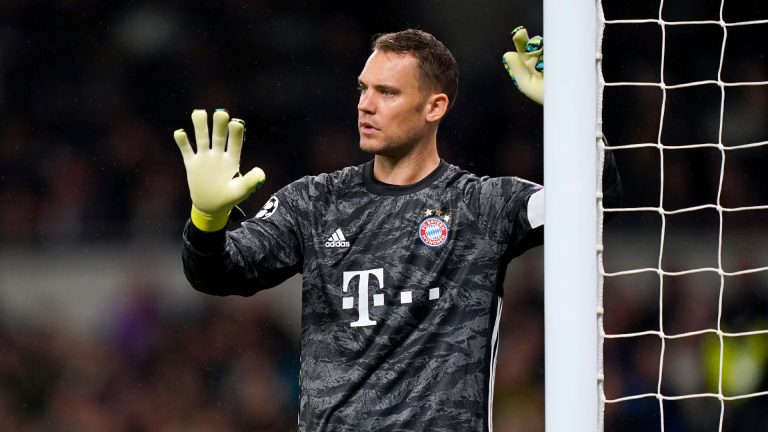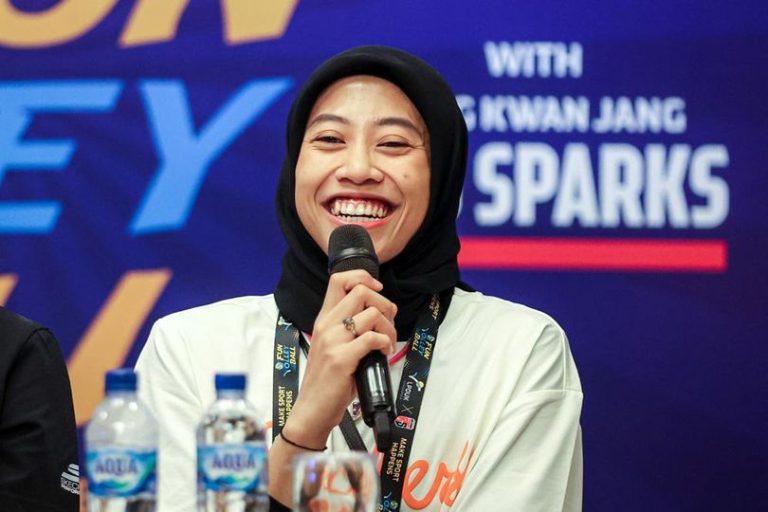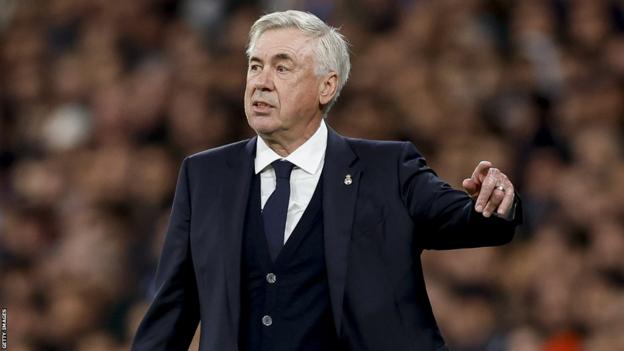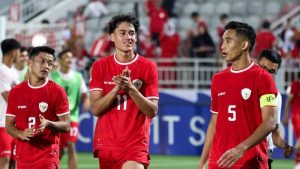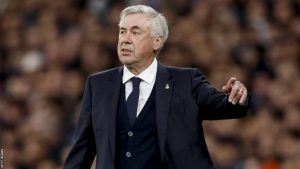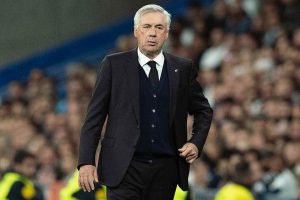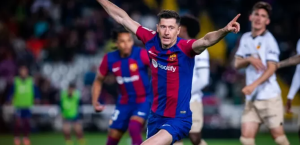Ahead of the Brazil versus Argentina match at the Maracana, on Wednesday, there is a striking difference in the 2026 World Cup Qualification standings in the Conmebol Zone, which has undergone 7 matchdays. Argentina, who is the 2022 World Cup champion, is at the top of the standings with 12 points, while Brazil, as the country with the most World Cup titles, is still in 5th position with 7 points.
Brazil achieved two wins against Bolivia and Peru, one draw against Venezuela, and two actual consecutive defeats occurred against Uruguay and Colombia. Eight goals were scored, while the Samba Team’s goal conceded 6 goals. So why is the national team, which is famous for its Jogo Bonito, still not achieving internationally since they last won the 2002 World Cup, South Korea-Japan?
- The Football Game System is Now More Collective
After becoming champions of the 2002 World Cup, Brazil won the Copa America 3 times in 2004, 2007 and 2019). Without denying these achievements, the Copa America is indeed a stage for two Conmebol giants, namely Brazil and Argentina. Once or twice, the Uruguay and Chile national teams will appear surprising by becoming champions. The game of Jogo Bonito or beautiful Brazilian football is still relevant in this South American mainland competition which still adheres to individualistic and physical strategies.
Meanwhile, the biggest world competitions or leagues are in the European region. European inventors and tactical experts will start thinking about how to defeat the hegemony of Latin American teams. Practically, after 2002 with the phenomenal trio of Ronaldo, Rivaldo and Ronaldinho, Brazil had difficulty getting past the increasingly collective challenges of European football strategy.
In 2002 to 2008 there was pragmatic football initiated by Jose Mourinho, influencing many teams in the world to make defense the center of the game. His philosophy adheres to the old adage, that a good offense wins games, while a good defense wins championships. In 2006, Italy succeeded in perfecting its Catenaccio with Marcello Lippi-style collectivity.
Then came Tiki-taka which perfected Rinus Michels and Johan Cruijff’s Total Football, as well as Arsene Wenger-style collectivity. The inventor is Pep Guardiola with his La Masia squad. This period did accommodate Ronaldinho for several years at Barca, but the rhythm that increasingly relied on the one-two touch did not suit him until he left the Blaugrana for Milan. Ricardo Kaka is one of the Samba players who is actually still relevant to this change, but he himself was bothered by many injuries while playing for Real Madrid.
Next, until now we know the term German Gegenpressing which destroyed Brazil 7-1 during the 2014 World Cup. There was also the improvement of Tiki-Taka Forward by moving the ball more forward and a high-line formation of three defenders which made the field narrower for processing the ball.
European players will gain more understanding of tactics in the evolution of this formation than Latin American players, because it has been a blueprint since early childhood football education. Let’s say that Argentina, which was successful in the World Cup yesterday, also gained a lot of knowledge in mainland Europe through players like Otamendi, Di Maria and especially Lionel Messi. Brazilian players tend to find it difficult to adapt to this change, due to their childhood who preferred to handle the ball for a long time and maneuver past one or two players.
- Untested National Team Coach
This factor may be the main authority for Brazilian Football, which has a tendency to choose coaches from Brazil to manage its national team. In the last two decades, names such as Luis Felipe Scolari, Carlos Alberto Parreira, Vanderlei Luxemburgo, Dunga, Tite and now Fernando Diniz have gained the trust of the CBF (Brazilian PSSI) even though they have not been sufficiently tested in world football.
The majority of the coaching experience of the coaches above is coaching clubs or countries outside Europe. There are names like Scolari and Luxemburgo who tried their luck at Chelsea and Real Madrid, but despite achieving success in their first year, they didn’t last long.
Until finally, since the beginning of 2023, Carlo Ancelotti’s name has begun to be announced as the next coach of the Brazilian National Team. Don Carlo has got it
There was a proposal to train Samba from the CBF, but it was still rejected because he wanted to focus on completing his contract at Real Madrid until 2024. Even the CBF was willing, for example, if Don Carlo became the manager of two teams while managing El Real.
The reason taken in the campaign to appoint Ancelotti was to overcome the “knowledge gap” with European strategy, and Ancelotti has a lot of experience dealing with Brazilian players. Now in Madrid, there are Vini Jr and Rodrygo who are his foster children. He has also collaborated with Thiago Silva, Kaka, Neymar, David Luiz, Oscar, and even improved Richarlison’s abilities at Everton. His past has also been experienced by training Ronaldo, Emerson, Cafu and Dida.
- Players spread throughout the world
It is common information that Brazil is the country that exports the most football players in the world. Based on 2021 data, there are 10,694 Brazilian players in total worldwide, including in the Indonesian League (dataIndonesia.id). They should have many choices to become national team players, but this is like a double-edged sword. The majority of these players make football their way of life to change the economic fate of their families. So many of them move to other countries’ leagues at an early age, and the main goal is economic.
This is what makes these players less motivated to be the best. After Ricardo Kaka, only Neymar and Thiago Silva are among the world’s elite players.
Of the tens of thousands of players, of course a coach will sort them based on the big leagues only. Let’s say only Europe and the Brazilian League are priorities, even this still creates problems in forming a solid national team. To hold a training center, Brazil often has to flee to Europe to accommodate the majority of their players who are there so that no time is wasted on air travel. The time difference between European and South American competitions can also be an obstacle in forming a unified national team.
- Lack of quality strikers
Let’s look at the names of Brazil’s center forwards after the 2002 World Cup. Adriano, Luis Fabiano, Fred, Hulk, Jo, Diego Tardelli, Firmino and Gabriel Jesus. None of these names come close to Ronaldo or Romario’s abilities as Samba attacking legends.
The world class players produced by Brazil are in the positions of goalkeeper, defensive midfielder and wing striker. Ederson and Allison in goal. Fernandinho, Casemiro, Fabinho are in a generation after Gilberto Silva and Emerson. Then there are the names of skillful players such as Robinho, Neymar and Vinicius Jr.
This is what makes it often difficult for them to get through difficult matches that require attackers as differentiators. A system that is not yet fully formed with rigidity or autopilot makes players confused when facing opponents who play collectively. The Samba style kick can pass up to two people, but the final finish is the weakest side of the team in world competitions.
Now there are the names Endrick Felipe and Victor Roque who will face each other next season in El Classico. Brazilian fans have high hopes for these two names to be able to at least approach the achievements of Ronaldo and Rivaldo in the past.
These are the four factors that make Brazil still popular on an international scale. It is hoped that the country with five World Cup titles can find its way again, so that it will become a challenger to national teams such as Argentina, Spain, England and France on the world stage.
ASL

